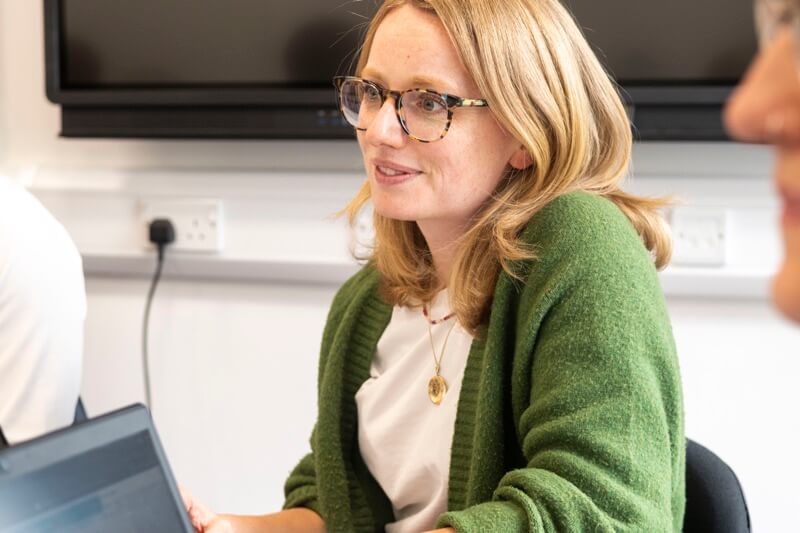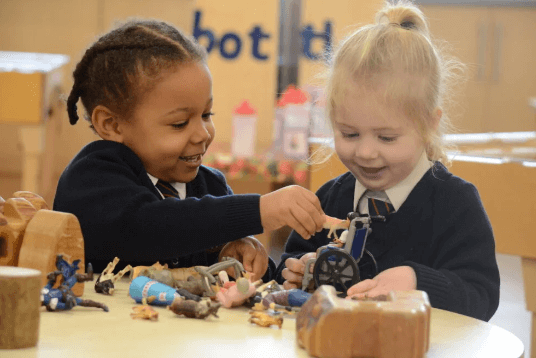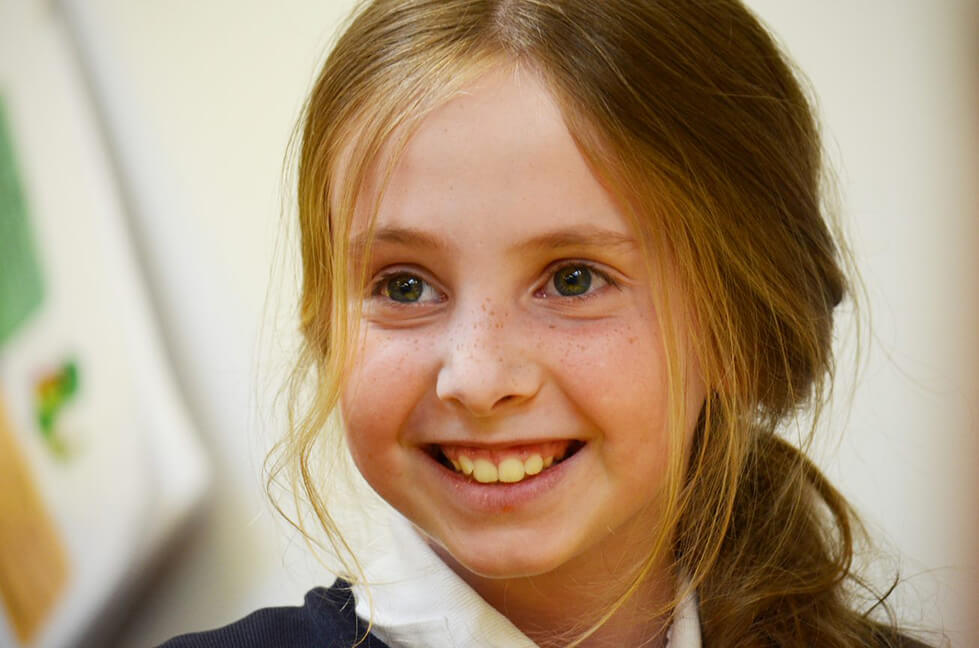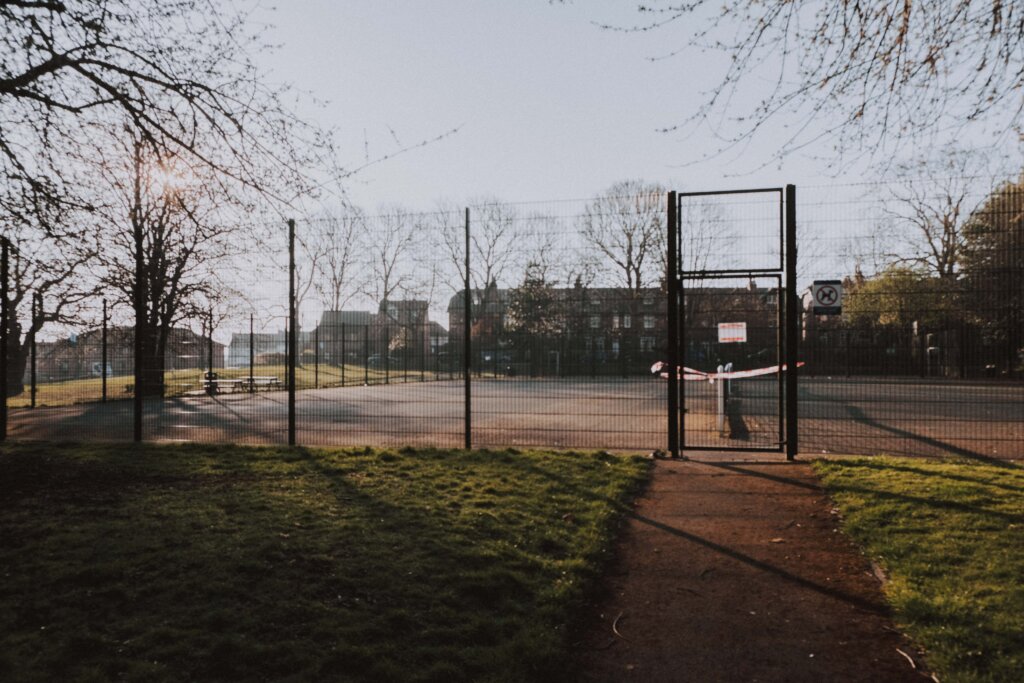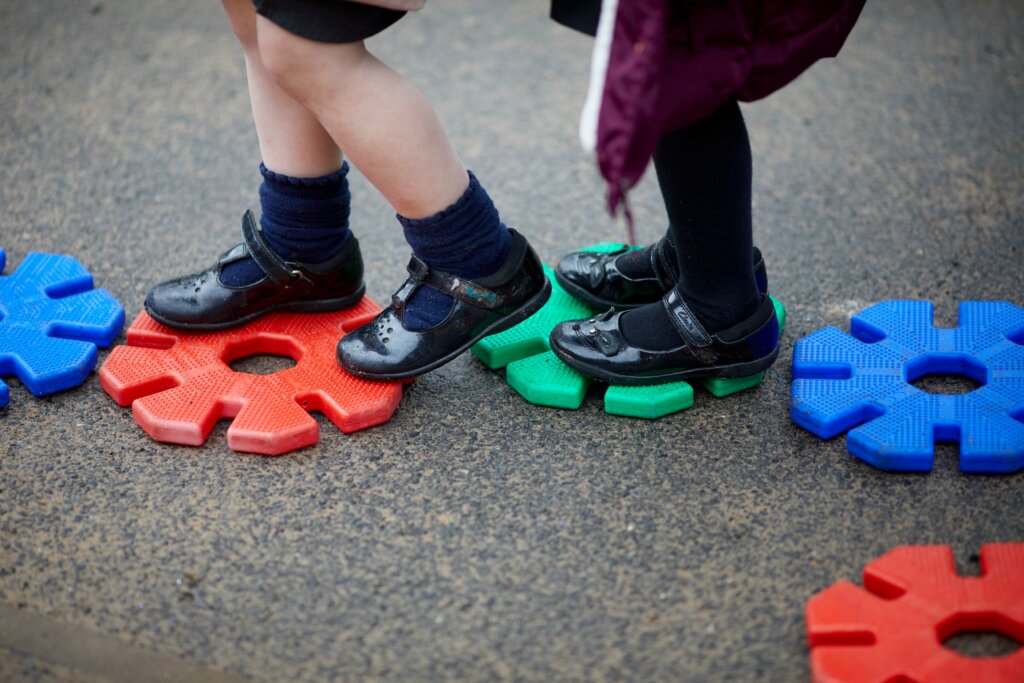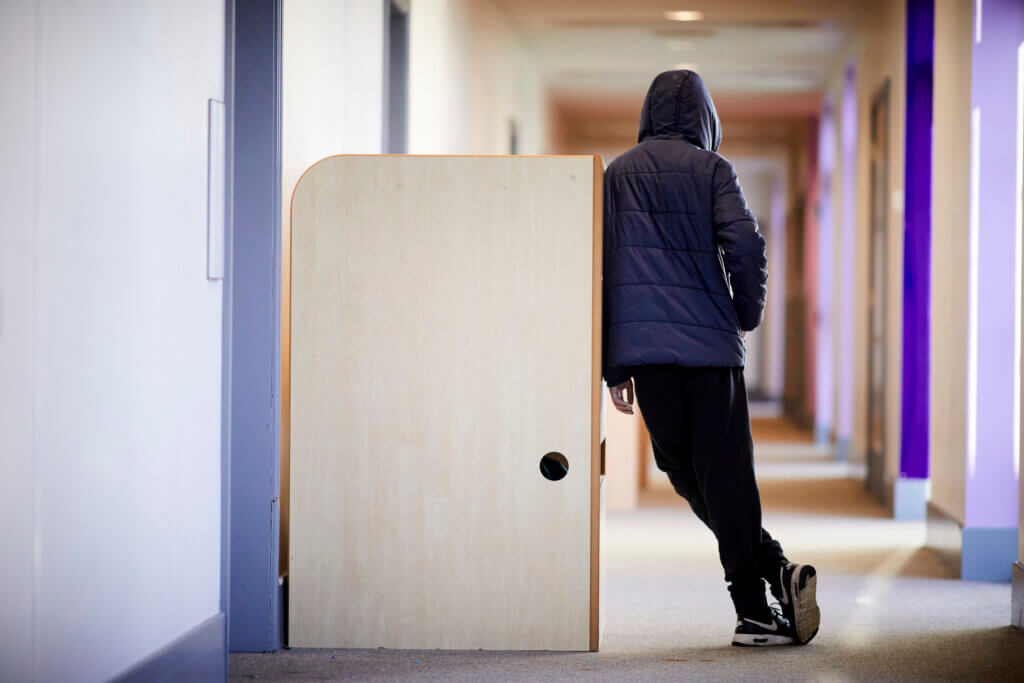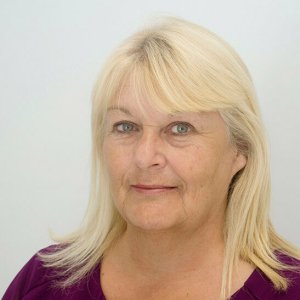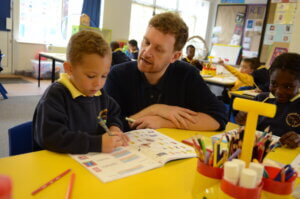Following the ‘Everyone’s Invited’ campaign, started by Soma Sara in June 2020, Ofsted have undertaken a review of sexual abuse in schools. Their findings were published in a report in June this year. Together with the new KCSIE 2021 statutory guidance schools and academies are being asked to further improve their protection of children and young people in the areas around sexual harassment, unwanted sexual behaviours and online sexual abuse.
Probably one of the most shocking things to come out of the Ofsted report is that ‘sexual harassment and online sexual abuse is so commonplace that young people see no point in reporting incidents’.
When we are starting to accept domestic abuse as a major society pandemic and passing bills in parliament to protect these victims, we are not empowering our young people, our children to accept that sexual harassment is not ok and that they just have to put up with it. Surely this is the forerunner to becoming a victim or perpetrator of domestic abuse. Education is again key. Ofsted, the education watchdog has made recommendations, educators have to educate around sexual behaviours, add that to the list that was once the three R’s.
For some schools, they may never come across any incidents of peer on peer abuse, unwanted sexualised behaviours or sexual abuse, they need to know what they would do if they did, how will they protect victims and perpetrators, how will they inform parents, how will they report to Ofsted. For some schools, sexual harassment of pupils is an everyday occurrence, but pupils do know that it will not be tolerated and that they will be protected.
The Education Secretary has said that the government will:
- encourage schools to dedicate INSET time to train staff on how to deal with sexual abuse and harassment among pupils and how to deliver the (RSHE) curriculum;
- work with up to 500 schools to provide support for DSLs, with a specific focus on sexual abuse;
- talk with tech companies about preventative measures on social media platforms; and help support parents, staff and children to make more informed and safer choices online;
- strengthen the RSHE curriculum, to help teachers focus on sharing images online and consent; and
- continue to fund the NSPCC confidential phone line until October 2021
Our Education Welfare and Safeguarding Team want to support schools. We will be offering a recorded training webinar that can be shared with all staff and governors, this will outline, the continuum of sexual harassment, signs and indicators of sexual harassment, appropriate and relatable language of the subject and how to respond to concerns and act on allegations. Also, a seven-minute briefing – how to respond to signs & indicators, what you report to DSL, and mandatory reporting for Ofsted. An invite to a Zoom network meeting will allow you to discuss the video and ask questions around implementation in your schools and academies.
This offer is discussed further in our latest podcast.
NSPCC Sexual Abuse and Harassment Helpline: 0800 136 663 help@nspcc.org.uk
Department for Education & Gavin Williamson Press Release: https://www.gov.uk/government/news/government-launches-review-into-sexual-abuse-in-schools
Tackling Sexual Abuse Strategy, January 2021: https://www.gov.uk/government/publications/tackling-child-sexual-abuse-strategy
Everyone’s Invited: https://www.everyonesinvited.uk/

